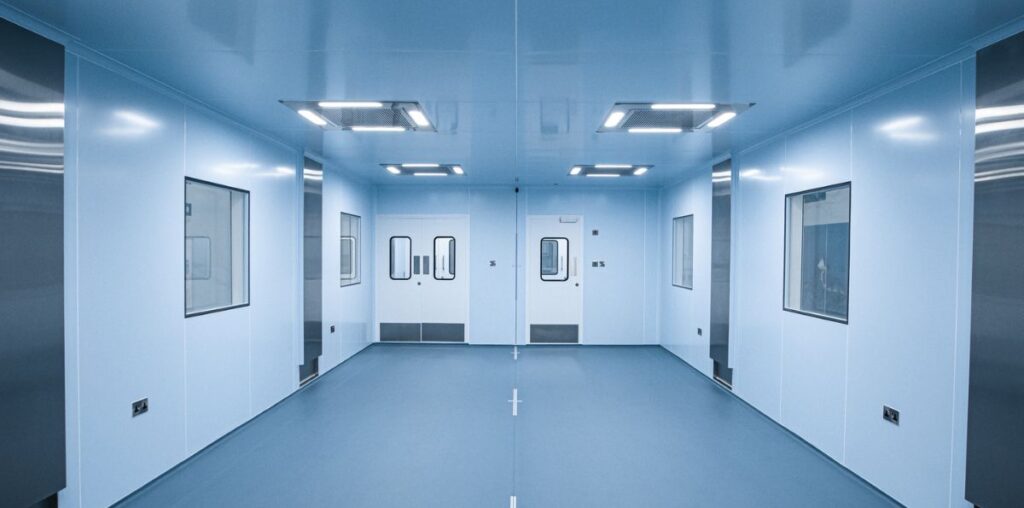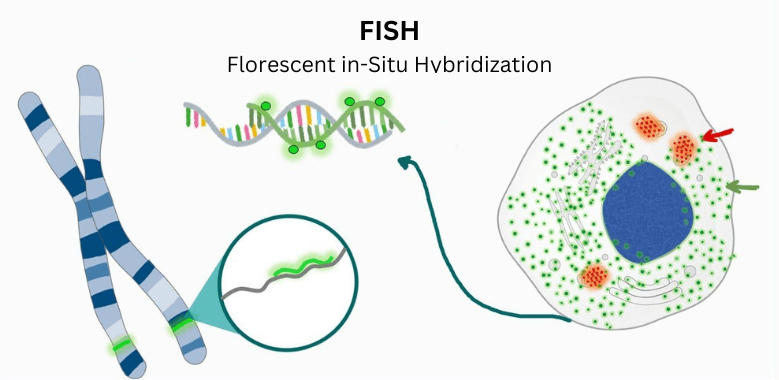Cleanroom labs play a crucial role in a variety of industries, ensuring controlled environments where research, testing, and manufacturing can take place without contamination. In South Africa, the need for cleanroom facilities is becoming increasingly important, particularly in sectors like pharmaceuticals, biotechnology, electronics, and aerospace. As technology advances and regulatory demands grow, the establishment and maintenance of cleanroom labs are vital for maintaining high standards of production, safety, and quality.
What is a Cleanroom Lab?
A cleanroom lab is a controlled environment designed to minimize the presence of airborne particles, microbes, and other contaminants. These labs are built to maintain strict parameters, including temperature, humidity, airflow, and air cleanliness, to ensure the integrity of sensitive processes. Cleanrooms are classified based on the number and size of particles allowed per cubic meter of air. The higher the classification number, the cleaner the room needs to be.
In these specialized spaces, any contaminant—be it dust, microbes, or other particulates—can significantly impact research, production, or the quality of the final product. Cleanrooms rely on advanced filtration systems, proper gowning protocols, and airlocks to ensure cleanliness. In many cases, teams working inside these rooms also adhere to strict standards of hygiene to avoid introducing contaminants.
Industries Relying on Cleanroom Labs in South Africa
South Africa, with its diverse and growing industrial sectors, has increasingly recognized the importance of cleanroom environments. Some key industries relying on cleanroom labs include:
1. Pharmaceuticals and Biotechnology
The pharmaceutical and biotechnology industries are among the most demanding when it comes to maintaining clean environments. The production of drugs, vaccines, and medical devices requires stringent control over contaminants. Even a small amount of dust or microorganisms can lead to defective products, contamination, or safety concerns for patients.
In South Africa, the pharmaceutical sector has seen rapid growth, particularly in the production of generic medicines. To meet international standards, local manufacturers have invested in cleanroom facilities to ensure their products meet global health and safety requirements. Cleanrooms in this sector often feature ultra-filtration systems that remove particles down to a molecular level, as well as strict air pressure and temperature controls to ensure the effectiveness of the products.
2. Electronics and Semiconductors
The electronics industry, including the production of semiconductors, circuit boards, and other components, also relies heavily on cleanrooms. Microelectronics and semiconductors are incredibly sensitive to contaminants like dust, which can cause defects or malfunctions in the final product. With South Africa’s growing tech industry, especially in areas like Cape Town’s tech hub, cleanroom labs are crucial for local manufacturers to compete in global markets.
The electronics manufacturing process requires extreme precision and cleanliness. In cleanroom labs, contamination can cause micro defects that compromise the integrity of components. Cleanrooms also provide controlled environments for assembling delicate devices, such as smartphones, computers, and other sensitive electronics, ensuring that they perform reliably over time.
3. Aerospace and Automotive Industries
In the aerospace and automotive industries, where high precision and safety standards are paramount, cleanroom labs play a vital role. Components like engines, sensors, and complex assemblies need to be produced in environments where contamination could compromise their functionality or safety.
In South Africa, both the automotive and aerospace sectors are growing and expanding. The cleanroom environment provides a controlled setting to ensure that parts are produced with the highest level of precision. As South African manufacturers continue to engage in aerospace and automotive research, the cleanroom environment is critical for ensuring these components meet international safety and quality standards.
4. Food and Cosmetics Manufacturing
The cosmetics industry is another sector that requires the use of cleanroom labs, especially when manufacturing skincare products, pharmaceuticals, and other beauty-related items. Contaminants in cosmetic products can cause allergic reactions, infections, or spoilage. Therefore, cleanroom facilities help prevent contamination from production to packaging.
Similarly, the food industry, particularly in the manufacturing of dietary supplements, baby food, and other sensitive products, benefits from cleanrooms. In South Africa, where the food manufacturing sector is robust, the use of cleanroom environments is essential to ensure products are free from contaminants that could affect public health.
Cleanroom Standards and Regulations in South Africa
In South Africa, industries that require cleanrooms are subject to specific regulations and standards to ensure safety and quality. Regulatory bodies like the South African Bureau of Standards (SABS) and the South African Health Products Regulatory Authority (SAHPRA) set guidelines for cleanroom facilities, ensuring that companies operate according to international standards.
One of the most widely used international standards for cleanrooms is ISO 14644, which sets the classification for air cleanliness based on particle count. South African businesses in regulated sectors often need to meet these standards, which are also recognized globally, ensuring their products can be marketed internationally.
Besides compliance with global standards, cleanroom manufacturers and operators in South Africa must also adhere to best practices in maintaining airflow systems, air filtration, gowning protocols, and personnel hygiene. Regular audits and testing are required to ensure that these stringent standards are continuously met.
Advancements and Challenges in Cleanroom Technology
Advances in cleanroom technology are helping South African industries become more efficient and effective in managing contamination. Newer filtration technologies, such as high-efficiency particulate air (HEPA) filters and ultra-low particulate air (ULPA) filters, are improving the quality of air in cleanrooms. Innovations in automation, monitoring systems, and air quality management allow for real-time tracking of environmental parameters, ensuring that any deviations are quickly addressed.
However, there are challenges in maintaining cleanrooms. These facilities can be expensive to build and operate. The constant need for compliance with strict standards means ongoing investment in both personnel training and equipment maintenance. This can be a financial burden for smaller companies or startups.
Additionally, as South Africa works to expand its industrial capacity, there is a growing need for skilled professionals who understand the technical aspects of cleanroom operations, from design and construction to maintenance and contamination control.
Conclusion
Cleanroom labs in South Africa are playing an increasingly important role across multiple industries. They provide critical environments for the production of pharmaceuticals, electronics, aerospace parts, cosmetics, and food products—ensuring that safety, quality, and precision are maintained in the face of complex challenges. As industries in South Africa continue to grow and modernize, the demand for state-of-the-art cleanroom facilities will only increase.
To meet global market demands and maintain high standards of production, South African companies must continue to invest in cleanroom technologies, adhere to international regulations, and build a skilled workforce. As the country expands its role in global supply chains, the importance of cleanroom labs will only continue to grow, fostering innovation, economic growth, and global competitiveness.


